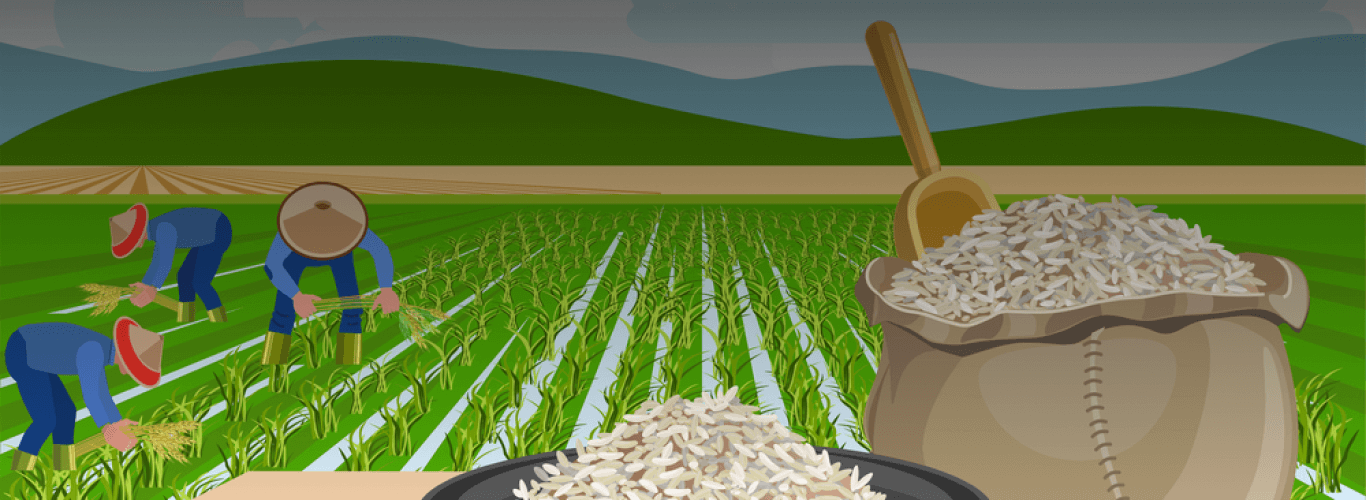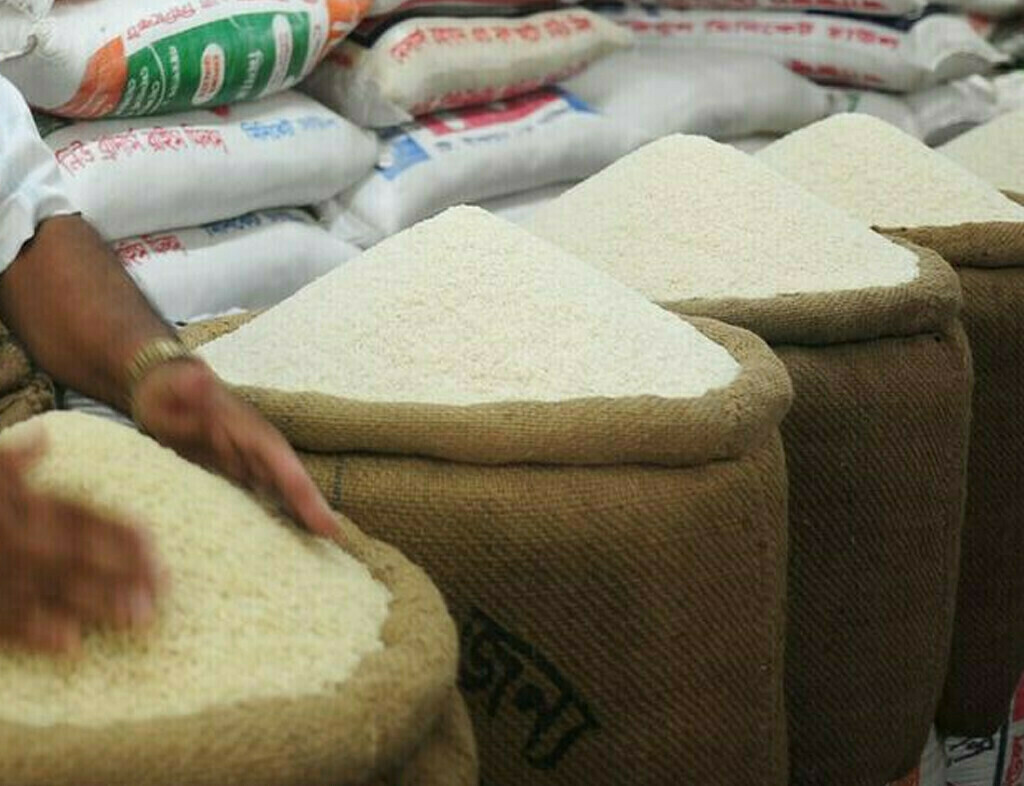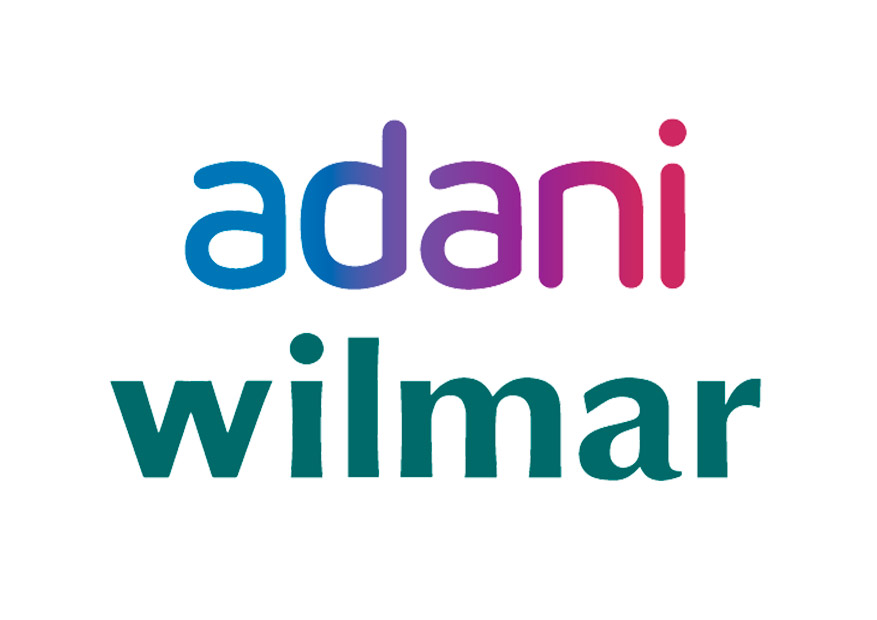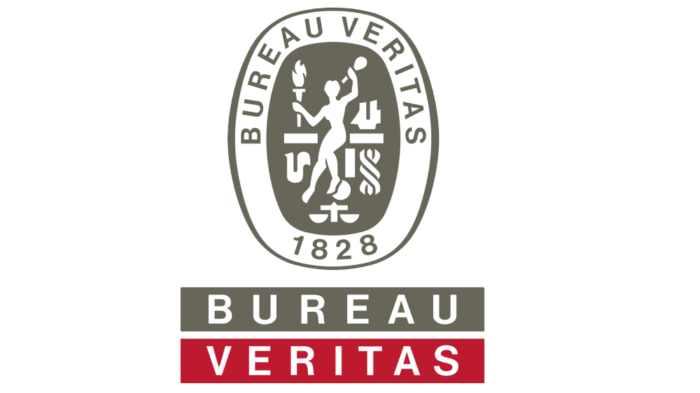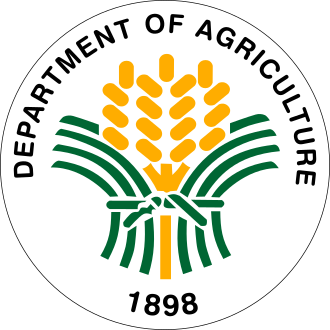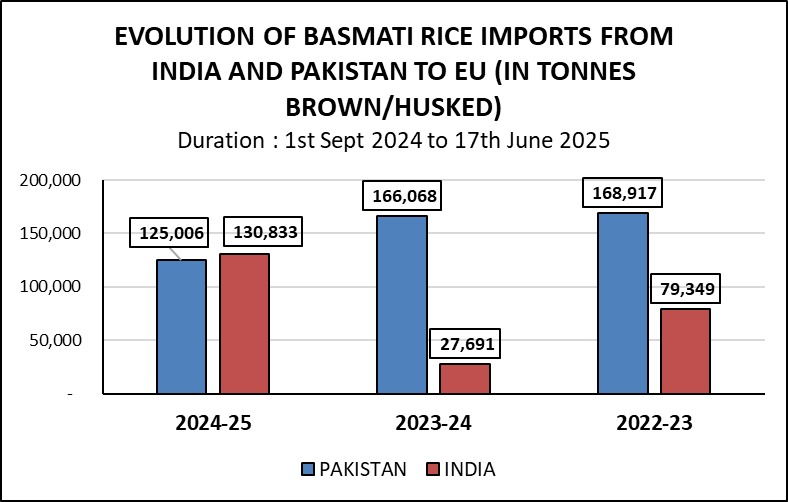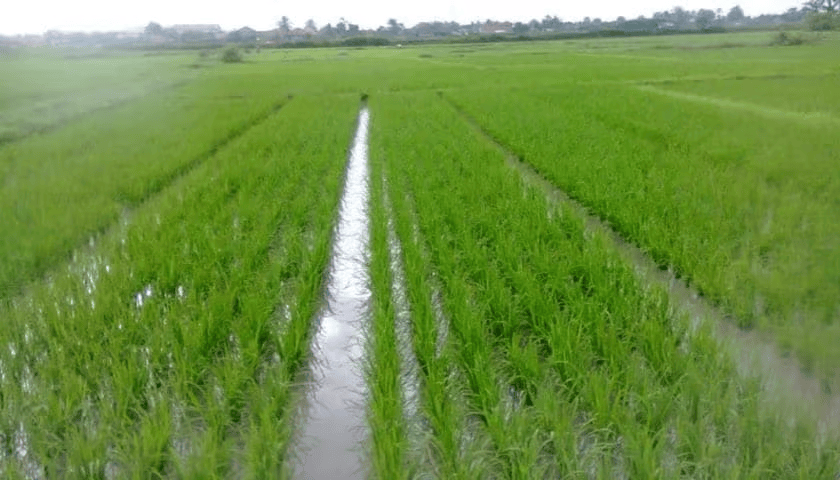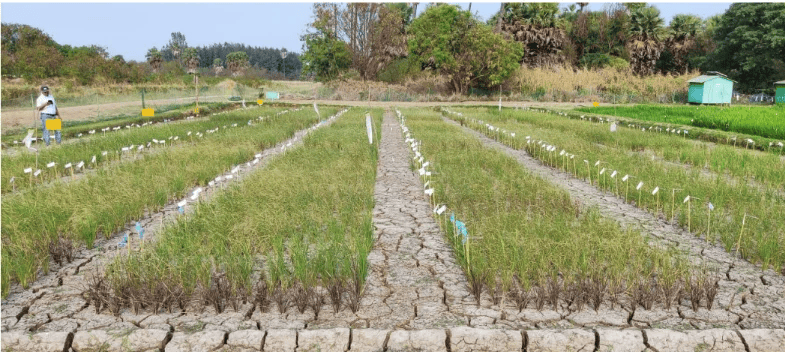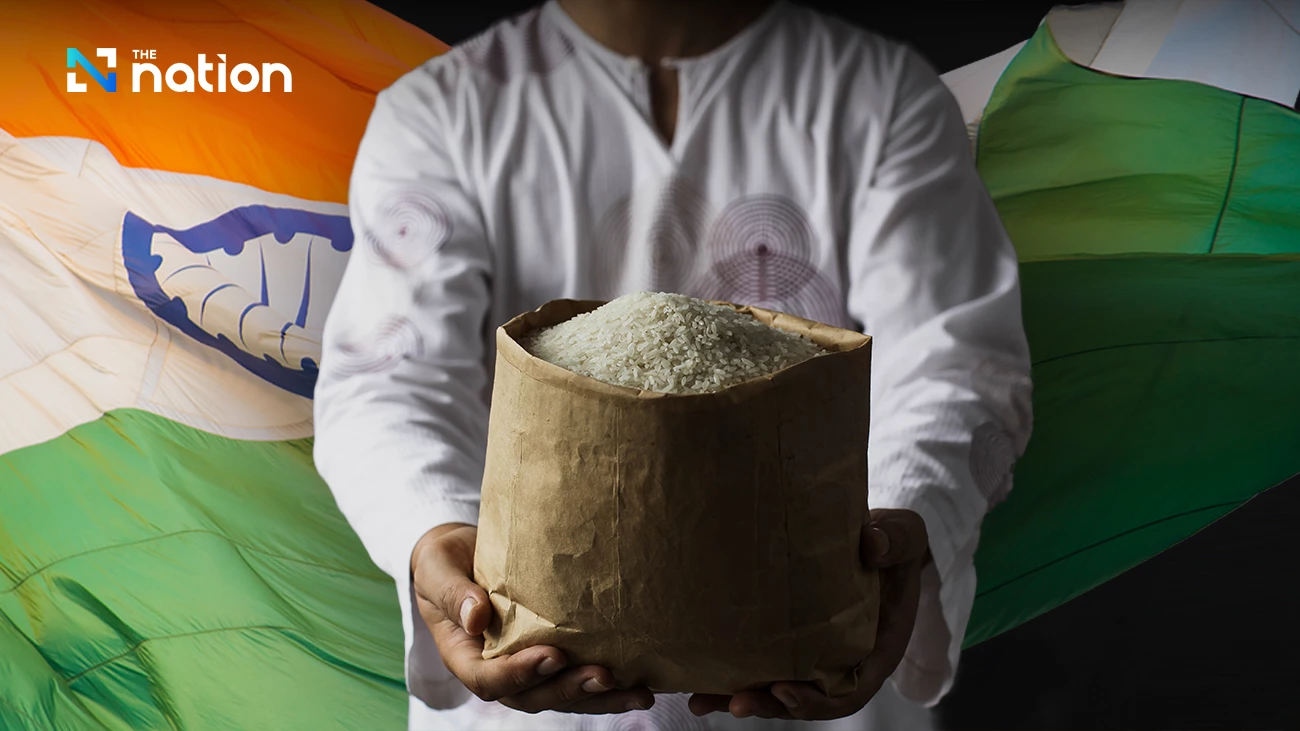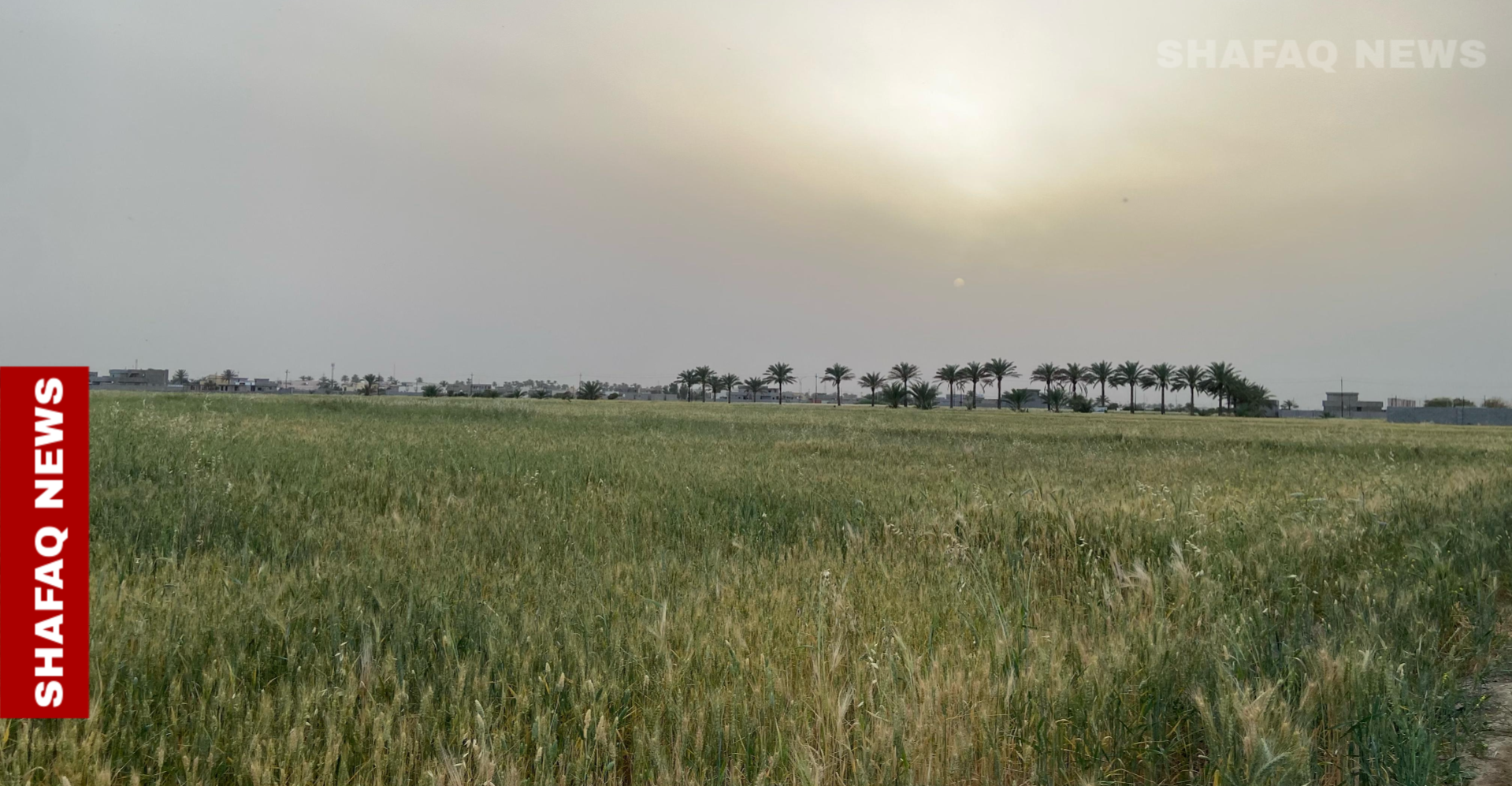Advertisement
Weekly Rice Market
(Indicative Quotes)
Basmati Rice
Basmati Rice | Indicative Quotes | Updated Weekly
Global Market | White Rice
White Rice | Indicative Quotes | Updated Weekly
| Origin | Type of Rice | Variety Name | Broken | Price | Change | High | Low |
|---|---|---|---|---|---|---|---|
| India | Milled White Rice | Long Grain | 5% | $380 | 0 | $496 | $379 |
| Pakistan | Milled White Rice | Long Grain | 5% | $359 | 0 | $640 | $359 |
| Pakistan | Milled White Rice | Long Grain | 5% | $590 | 0 | $613 | $488 |
| Thailand | Milled White Rice | Long Grain | 5% | $376 | 0 | $669 | $376 |
| Thailand | Milled White Rice | Long Grain | 5% | $596 | 0 | $659 | $469 |
| U.S | Milled White Rice | Long Grain | 4% | $622 | 0 | $818 | $622 |
| U.S | Milled White Rice | Long Grain | 4% | $798 | 0 | $798 | $708 |
| Vietnam | Milled White Rice | Long Grain | 5% | $403 | 0 | $657 | $382 |
| Vietnam | Milled White Rice | Long Grain | 5% | $579 | 0 | $667 | $445 |
News

Thailand Launches ...
The Commerce Ministry will ramp up trade deals and promotional events over the next five months to counter a sharp decline in export volume and value Thailand’s Commerce
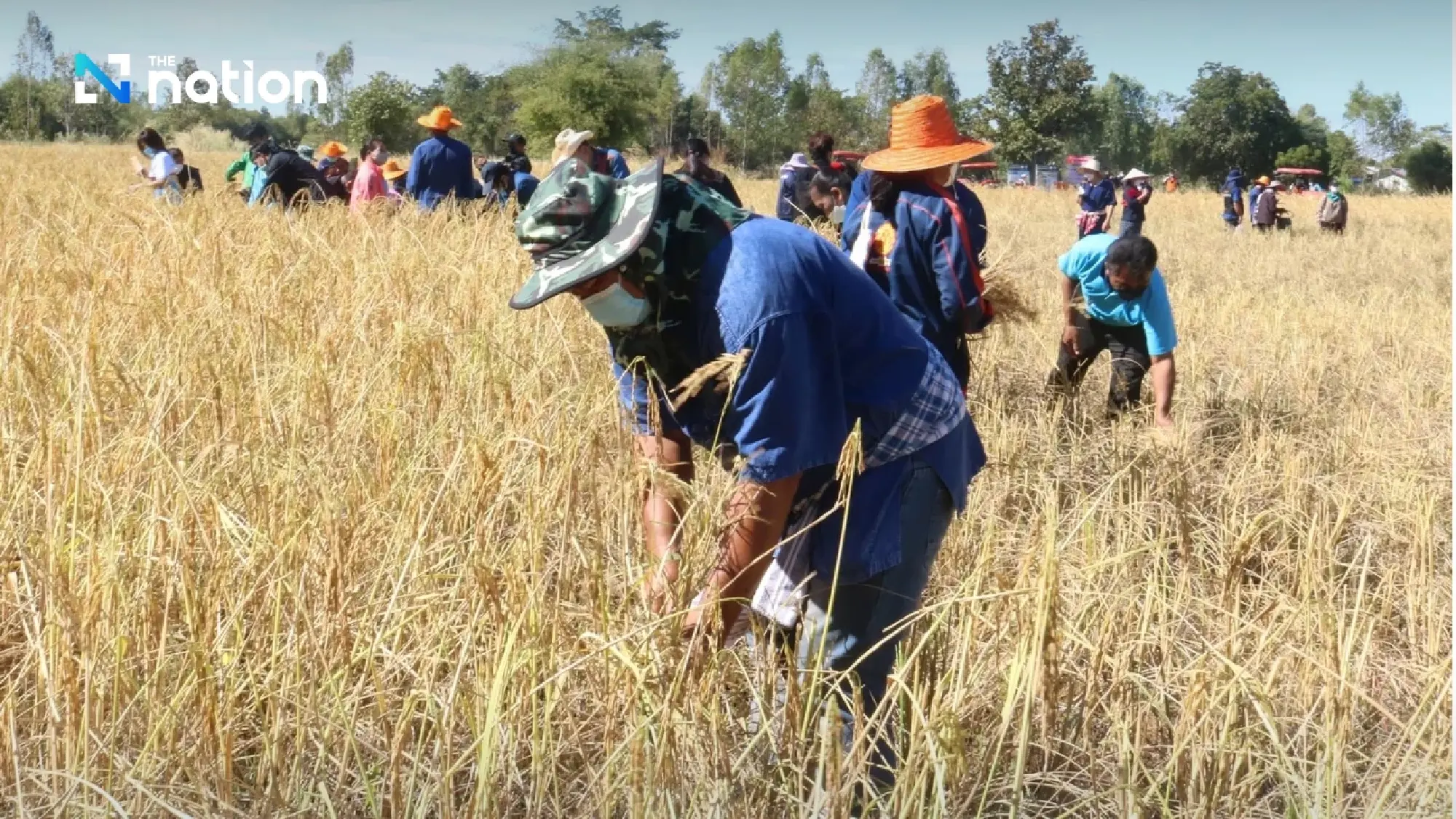
Thai rice exports ...
Thai rice faces a prolonged crisis as global and domestic prices fall. India’s plan to release 20 million tonnes of rice threatens to drive prices down further, while Vietnam
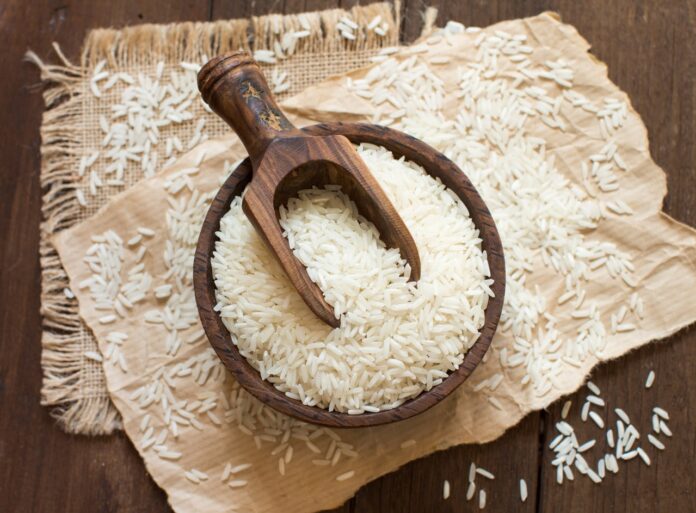
Pakistan launches ...
Event brings together 28 exporters and over 200 buyers to strengthen partnerships and food security. By News Desk. Pakistan has initiated the Pakistan Rice Road Show 2025 in
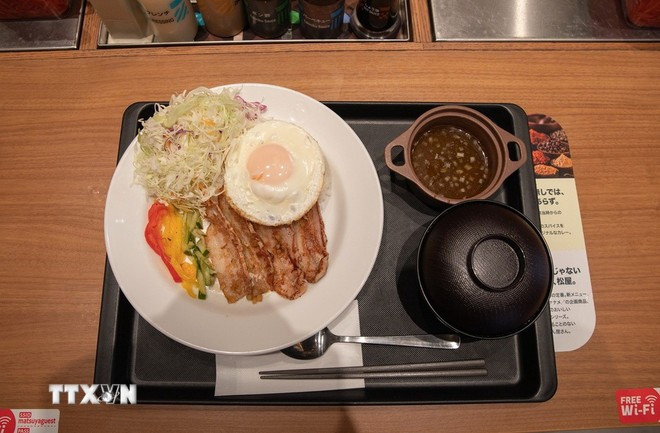
Vietnamese broken ...
Japanese fast-food giant Matsuya has added “Vietnamese-style broken rice with pork” to the menu of more than 1,100 outlets nationwide, marking a major step for Vietnamese
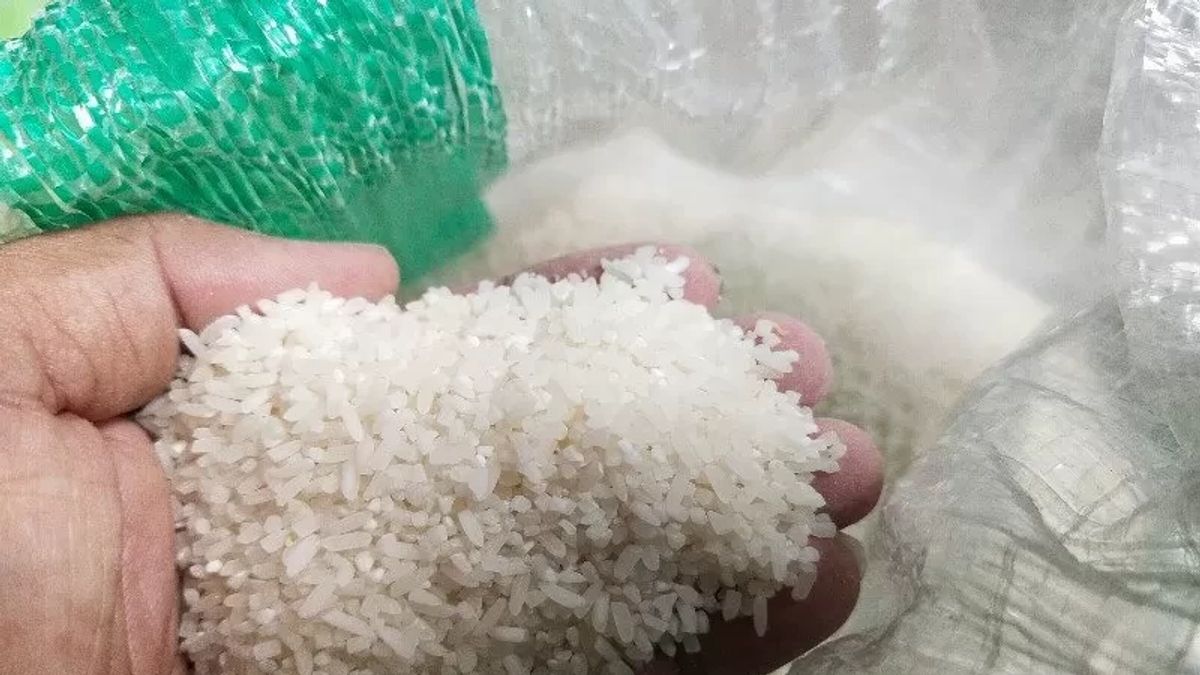
One Price Rice Dis...
JAKARTA Members of the Ombudsman of the Republic of Indonesia (RI), Yeka Hendra Fatika, assessed that the National Food Agency (Bapanas) plan to implement a one-price rice policy
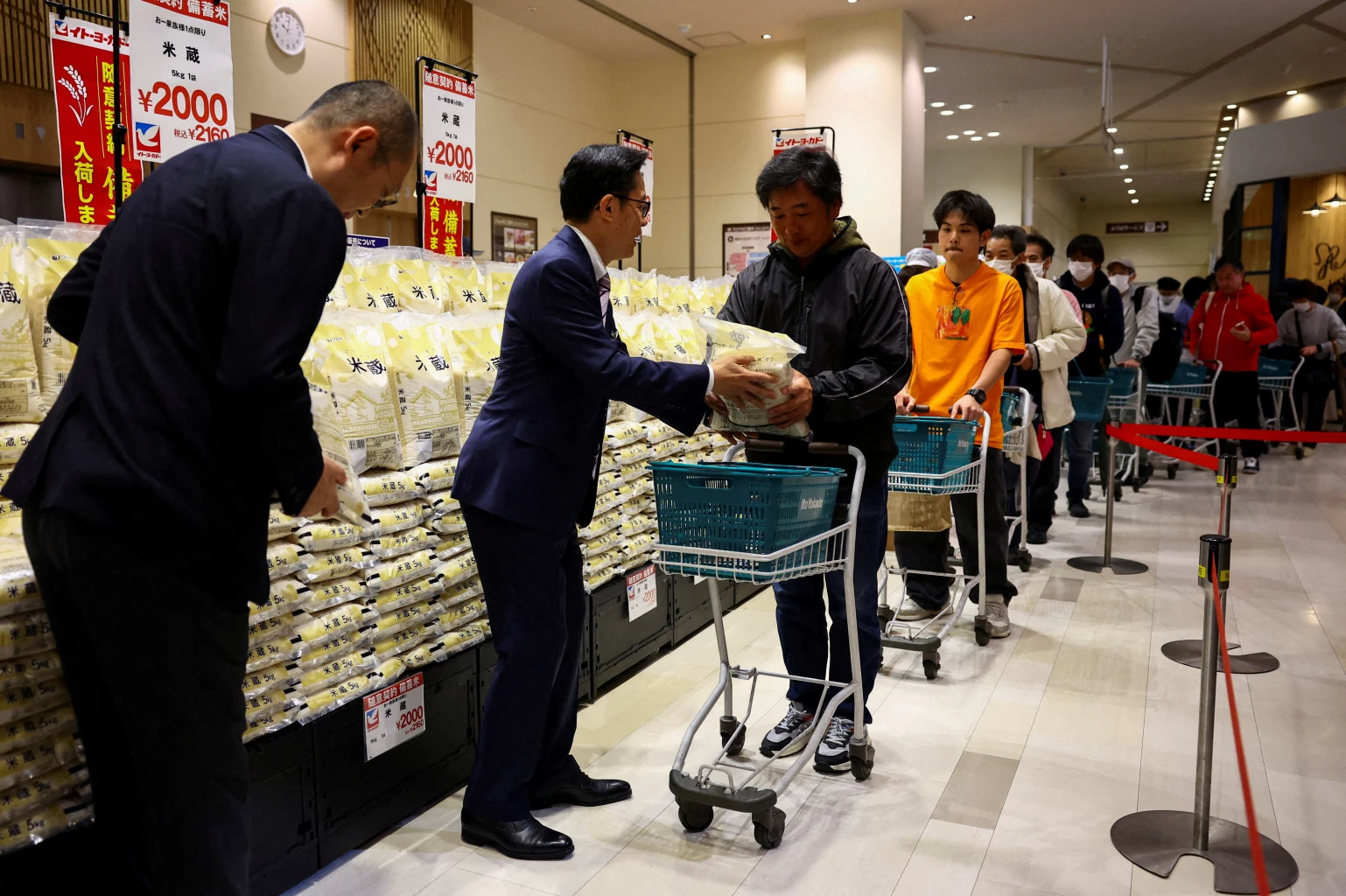
Japan’s aver...
Jiji Press The average price of rice sold at some 1,000 supermarkets across Japan from Aug. 11 to 17 rose 67 yen from the previous week to 3,804 yen per 5 kilograms, up for the
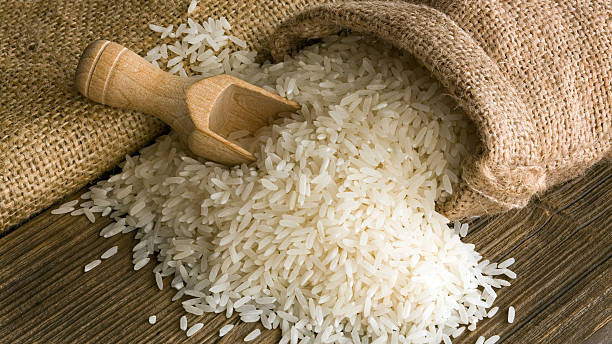
India rice prices ...
TBS Report “The Bangladesh govt approved duty-free import of 4.6 lakh tonnes of parboiled rice and 39,000 tonnes of raw rice under private allotment. This has led to a sudden

‘Pakistan Rice Roa...
Press Release ACCRA, GHANA: The Pakistan Rice Road Show 2025 launched Monday in Accra, marking the start of a transformative trade initiative across West Africa. Organized by the
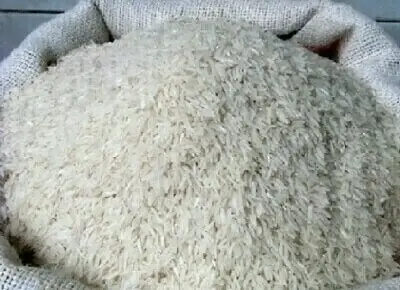
Thailand aims to m...
Reuters BANGKOK: Thailand is hoping to meet its rice export target of 7.5 million metric tons this year by seeking more deals in markets where demand is strong, commerce ministry
Featured Registered Companies
RNT Tube
Pakistan’s Breakthrough Rice – New Rice Variety Invented – Punjab University Stuns Everyone!
August 5, 2025
Statistics
Sustainable Rice
Farmers Place
Forex Rates
Open Market Forex Rates
Updated at:
From | ||
|---|---|---|
To | ||
| Countries | Currency | Spot Rate |

Enjoyed the read?
Join our monthly newsletter for helpful tips on how to run your business smoothly




